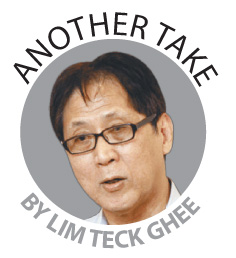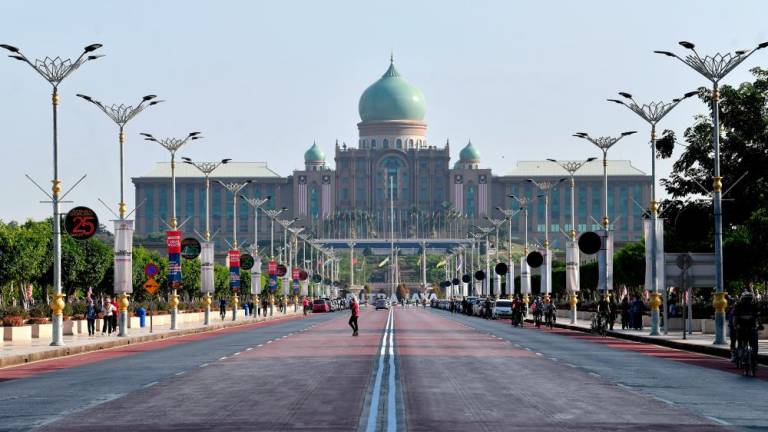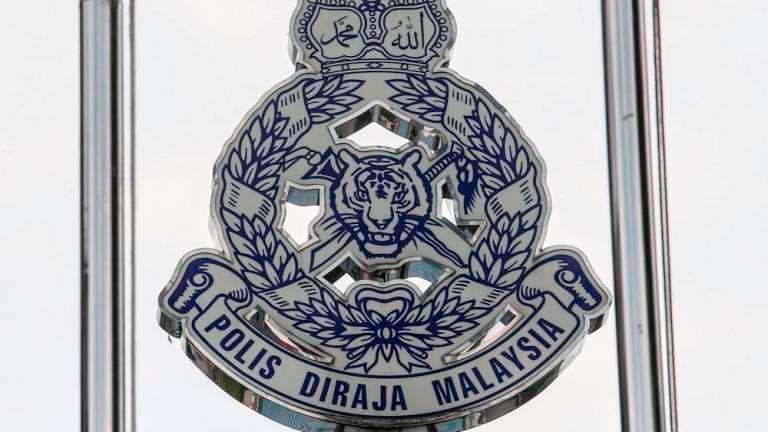THE reconvening of Parliament on May 18 will almost definitely see an intensified tussle for political power between Perikatan Nasional (PN) and Pakatan Harapan (PH) and also possibly within components of each coalition. In ordinary times this political rivalry is to be expected and desirable. The cut and thrust of partisan politics is integral to a parliamentary democratic system. It provides information and insights into the actions and agendas of rival parties and their leaders. It can also enhance transparency and accountability into the operations of government and serves as precursor to the electoral contestation for the mandate to govern the nation.
But these are not ordinary times. Malaysia has been hit by a triple crisis. That of Covid-19; a national and global economic downturn; and a power struggle which has taken centre stage among our politicians and political parties. The impact of this crisis convergence has direct and spillover effects for Malaysians in a way which has never happened before.
The triple crisis
Meanwhile, this triple crisis shows no signs of abating. Indications are that it may get worse – much worse in the next 18 months and possibly longer.
On the pandemic front although the infection rate has flattened here, scientists and health officials have warned against a premature declaration of victory. The threat of a new round of infection and a more massive debilitation of the public’s health cannot be discounted.
Although the World Health Organisation indicates that a Covid-19 vaccine may be developed in the next 18 to 24 months, it is being optimistic. Health director-general Datuk Dr Noor Hisham Abdullah has reminded that there are new strains from the virus; and research for the right vaccine will be complex and time consuming before it is available to the public.
On the economic front, Prime Minister Tan Sri Muhyiddin Yasin estimated on May 1 that the 47-day shutdown had cost the country RM63 billion in losses and every day after that would add another RM2.5 billion in losses. The hit on national productivity, growth, employment and incomes will continue until the rest of the year and will stretch into 2021. Estimates of when recovery can take place and the speed of recovery are entirely speculative for Malaysia as also with the rest of the world. A negative GDP growth scenario extending into 2021 despite multiple stimulus packages cannot be ruled out.
In this situation a return to politics as usual in Malaysia may be the wrong road to take.
The combined socio-economic and health threats to our collective wellbeing calls for political unity, not division and disunity. It calls for all hands to be on deck to work together to ensure that we emerge unbroken and successful in navigating this most dangerous period of our history.
In some countries the pandemic and economic distress alone has led to calls for a national unity government. A YouGov survey in Britain found 63% in favour of a united government in which the country’s main political parties would set aside differences to work together through the pandemic. From the survey of 1,609 people it found a total of 31% who said that they would strongly support such a move. Only 17% stated that they would oppose. Of those polled, who voted for the Conservatives during the last British general election, 54% said that they would back plans to govern in unison during the crisis. Meanwhile, 76% of Labour voters indicated that they would support such a move, while a majority of Liberal Democrat voters polled (84%) also gave similar backing.
Will Malaysians favour a national unity government?
If a similar poll is held in Malaysia – political uncertainty and turmoil added to the equation – it will not be surprising to find a significant majority of the electorate in favour of greater political stability and some form of a unity government to restore the nation to normalcy. In fact, among the lower and middle classes of all communities, it is likely that few, except among the most partisan PN and PH supporters, will be against this idea outright.
A sampling of the nation’s professional and educated elite may indicate greater resistance or scepticism towards an inclusive unity government. Concerns such as whether such a government can serve to advance good governance; whether it will be hijacked by self-serving elites; whether it may in fact stall the drive for political reform, etc are valid and understandable.
Despite these concerns, the reality is that the political infighting continuing into the next general election provides fertile ground for the spiralling of the country’s politics, economy and society into a potential disaster zone.
How to set up a national unity government given the deep rift between the two coalitions is also problematic.
Clearly the mission to put together a national unity government will require a standard of statesmanship that has been missing in the past. But this is not beyond our leaders if they have the will and the nation’s interest at heart. Recent history has examples of the successful establishment of unity governments in countries facing national crises. There are best examples on how to transit and benefit from this temporary political solution as well as the guidance from our own constitutional experts and stakeholders on the legal and other considerations that are necessary to take into account to ensure legitimacy and effectiveness.
Despite their checkered past, Muhyiddin and Anwar Ibrahim, his counterpart in PH, are in the best position to establish an inclusive and crisis-management-focused unity government. Together with the leaders of East Malaysia, they are our best hope to cut the Gordian knot the nation is facing. They should be encouraged in this endeavour and be reminded of the inspirational quote that “opportunity lies in every crisis”.
If they succeed in doing so, they will also have the opportunity to bring about a reboot of a decaying political system which has been shackled by the rise of ethno-religious politics. That reboot may very well also usher in a period of better governance, accountability and transparency to bolster national resilience.
Lim Teck Ghee’s Another Take is aimed at demystifying social orthodoxy. Comments: letters@thesundaily.com













